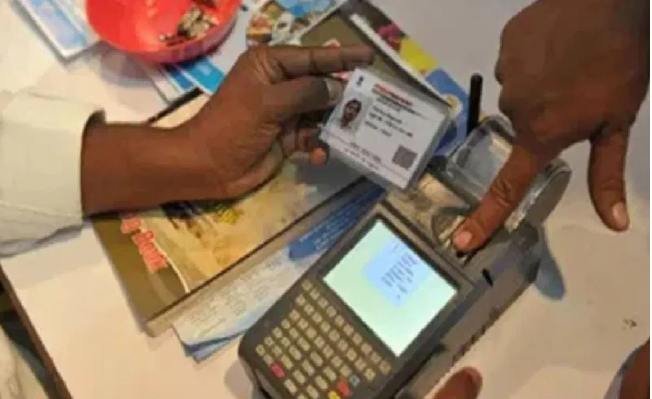.gif)
.gif)

The West Bengal government has successfully canceled approximately two crore fake ration cards within a year, resulting in an annual cost reduction of around 3,600 crore rupees.
West Bengal had a staggering 10 crore 70 lakh ration cards in circulation before digital ration cards were introduced which significantly decreased to approximately 8 crore 78 lakh through the rigorous verification process.
Of this revised figure, two crore fake ration cards have been identified and subsequently canceled by the government. Officials have clarified that inactive cards may be reactivated if beneficiaries provide appropriate evidence.
Each ration card recipient is entitled to five kilograms of free food grains per month, which incurs an expenditure of around 30 rupees per kilogram for the government. By eliminating two crore fake ration cards, the government now saves an estimated 300 crore rupees every month, resulting in an impressive annual saving of approximately 3,600 crore rupees.
Consequently, the reduction in active ration cards has led to a decrease of about 3,200 crore rupees in the food department's budget allocation for the financial year 2022-23. The overall budget allocation has increased by approximately 500 crore rupees for the current year.
West Bengal has adopted the "One Nation, One Ration Card" initiative through which ration cards are linked to beneficiaries' Aadhaar cards, and biometric authentication methods, such as fingerprint scanning. Each card is associated with the beneficiary's mobile number, enabling automatic notifications regarding food grain collection.